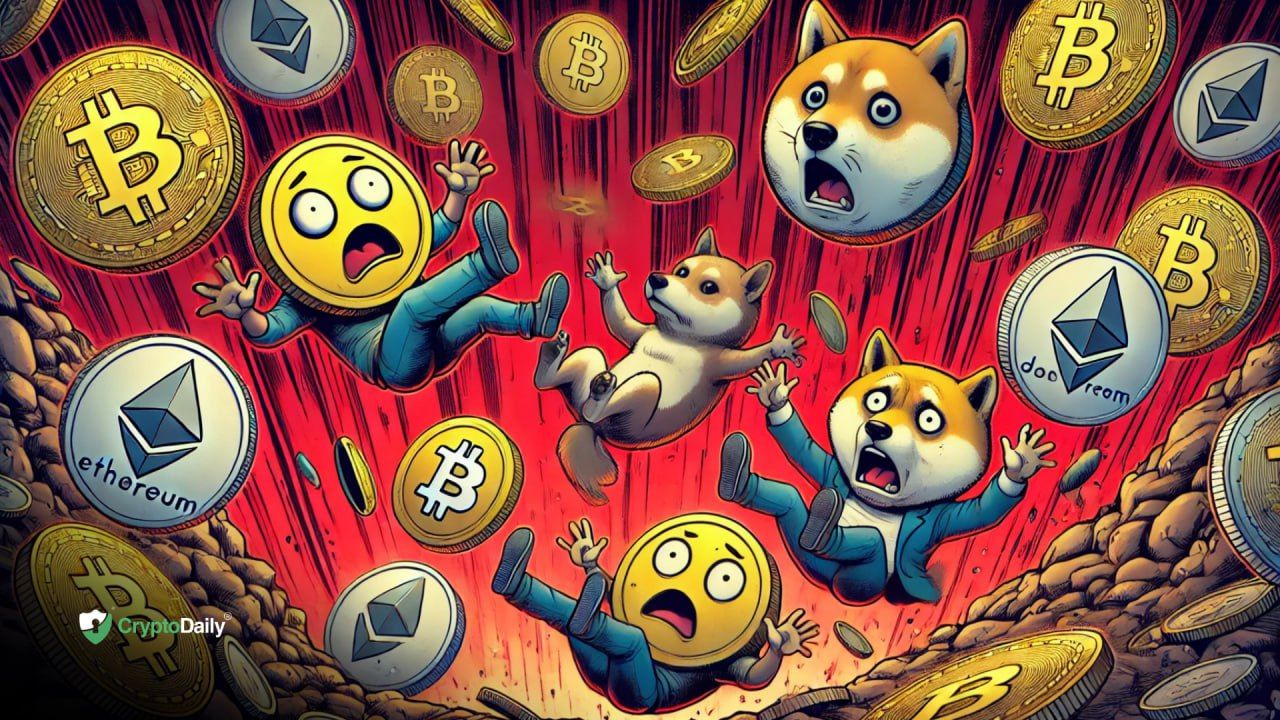ARTICLE AD
As Bitcoin reached an all-time high, discussions at the Web Summit Qatar 2024 spotlighted its journey toward becoming a first-class asset.
Bitcoin’s (BTC) volatility has long been a key point for traditional investors to dismiss the largest cryptocurrency as a first-class asset. Investors typically view first-class assets as stable, less risky, and offering consistent returns. Examples include government bonds from stable countries, blue-chip company stocks, and top-rated corporate bonds.
However, a recent analysis showed that despite its inherent volatility, BTC has seen annual price declines in only four years since its debut in 2009. This means the cryptocurrency has outpaced major fiat currencies like USD in purchasing power, which has remained inflationary yearly.
At the latest Web Summit Qatar, Gracy Chen, managing director of Bitget, and Silvina Moschini, founder of Unicoin, provided compelling insights into this evolution.
Bitcoin’s resilience cannot be downplayed
Chen highlighted two pivotal moments contributing to Bitcoin’s ascent. First, the SEC approved a spot Bitcoin ETF in January, signaling a monumental shift, welcoming institutional money into the crypto domain.
The approvals democratized access for retail investors and enticed traditional financial players to allocate a portion of their portfolios to crypto. Additionally, macroeconomic factors, such as anticipated interest rate cuts by the U.S. Federal Reserve, continue to drive the leading cryptocurrency and other risk assets.
Moschini emphasized BTC’s undeniable traction, underscoring its appeal across demographics, notably among women in markets like Mexico, where they constitute the majority of crypto holders. This shift towards digital assets, coupled with Bitcoin’s resilience and return profile, is building trust among investors.
Especially in developing countries where fiat currencies have seen major inflation in recent years, BTC has showcased stable growth from year to year, which appeals to the long-term investment mindset. This was evident recently as the coin hit an all-time high in countries like Argentina and Turkey nearly three weeks before it did on the global market.
Both speakers concurred on the significant role of institutional investors, propelled by regulatory advancements and product innovations such as ETFs. According to Chen, this institutional foray complements the growing interest from retail segments, thereby broadening Bitcoin’s investor base.
Diversification is still critical in crypto
Amidst enthusiasm, caution remains present. Chen and Moschini advocate for diversification and prudent investment, emphasizing the volatility of the crypto markets. Moschini’s venture, Unicoin, takes a regulated approach, backing its value with real assets to mitigate risk, showcasing the evolving sophistication in crypto investment vehicles.
“We don’t really see any decrease in exchange volume. This partly because a lot of investors are expanding their interests beyond Bitcoin to include a variety of altcoins. Given the absence of ETF tools for these assets, many find purchasing them directly from exchanges more accessible. “
– Gracy Chen, Managing Director at BitgetThe two also discussed the global shift in crypto dynamics, noting a pivot towards Asia as a burgeoning hub for blockchain innovation. Regulatory clarity and a conducive investment environment in regions like Singapore, Hong Kong, and Dubai are drawing attention away from traditional Western markets.
Both leaders see promising trends in tokenizing real-world assets and the emergence of regulated digital currencies. The developments suggest a maturing market that balances innovation with investor protection.
In conclusion, conversations at Web Summit Qatar 2024, underpinned by BTC’s recent achievements, underscore its potential trajectory towards being a first-class asset. As the ecosystem matures, incorporating regulatory frameworks and diversified investment products, the cryptocurrency’s place in the investment landscape continues solidifying, heralding a new era for the sector.

 8 months ago
52
8 months ago
52 

